Cybersecurity: 5 Ways to Protect Yourself
In today's digital age, where most of our lives and activities take place online, it is essential to take the necessary steps to protect our personal information. Cybersecurity is a critical issue, as our data is constantly at risk of being compromised.
Here are 5 best practices to help your data remain secure:
1. CHECK YOUR CREDIT REPORT
You may have been the target of identity theft or fraud and not even realize it until it shows up on your credit reports.
2. CHECK THE STRENGTH OF YOUR PASSWORDS
When choosing a password, remember: the longer it is, the stronger it is. A strong password is at least 12 characters long and hard to guess. Using a sentence is a great way to create a long password that you’ll never forget.
The following passwords are considered the most common and easiest to crack:
123456
111111
password
3. TAX TIME IS PRIME TIME FOR IDENITY FRAUD
It's important to be extra careful when sharing personal information online. Criminals can use it to access your tax returns and financial accounts, or to file false tax returns and steal your refunds. The IRS never contacts taxpayers through unsolicited emails asking for personal or financial information. If you receive an email claiming to be from the IRS, always report it to your email provider as spam.
4. LOOK FOR THE “HTTPS” & THE PADLOCK ICON WHEN YOU VISIT A WEBSITE
When you see that added “s” at the start of the website address, you are looking at a website with active SSL encryption, and you want that. A padlock icon in the address bar confirms an active SSL connection. For solid security when you browse, you could opt for a VPN (virtual private network) service that encrypts 100% of your browsing traffic.
5. STAY AHEAD OF SCAMS
Phishing is the practice of tricking internet users into reveling personal or confidential information. This scheme uses fake emails and online ads from real banks or businesses that prompt you to input your information, this information is then used to access your accounts.
DO NOT click on email links that may appear to be from your bank. Instead, call your bank directly to see if the email (or call) is legitimate.
Share these reminders with friends and family and help protect against identity fraud.
Source: Moonstone Asset Management and FMG

